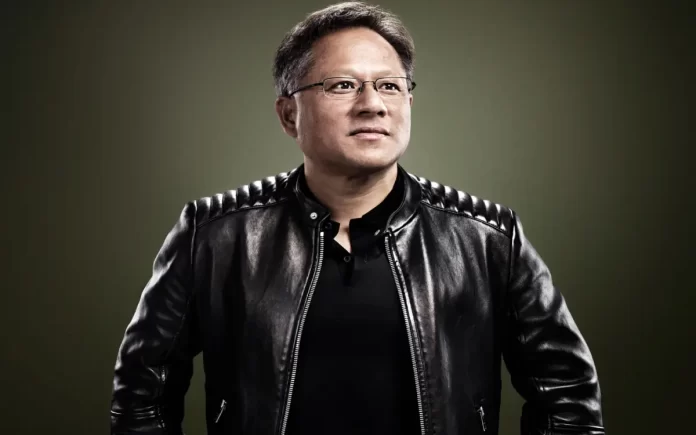New York: Nvidia, a global leader in chip manufacturing, has been at the forefront of recent technological advancements. CEO Jensen Huang has been vocal about harnessing AI for the betterment of humanity. He firmly believes that programming shouldn’t remain an exclusive skill and envisions a future where computers understand human intentions without requiring formal programming knowledge.
In a recent interview with CNBC’s Jim Cramer, Huang reiterated this stance, emphasizing Nvidia’s efforts to empower individuals without computer science degrees to program computers effortlessly.
Addressing concerns about the accessibility of programming skills, Huang emphasized, “We’re going to make computers smarter so that people don’t have to learn computer science to program a computer.” He stressed the importance of computers comprehending human intentions seamlessly.
At the annual GTC conference, Nvidia unveiled cutting-edge hardware and software tailored for the burgeoning robotics industry. This initiative aims to democratize robot development, enabling the creation of diverse robots, including humanoids.
Explaining the rationale behind Nvidia’s foray into humanoid robotics, Huang highlighted the transformative potential of these technologies in manufacturing. Leveraging vast datasets of human movement, AI-driven robots can optimize performance, potentially revolutionizing traditional manufacturing processes.
Huang underscored Nvidia’s commitment to driving innovation across industries, positioning the company not only as a competitor but as a catalyst for market evolution. He emphasized how Nvidia’s technologies can spur job creation, boost productivity, and fuel economic growth.
Huang’s vision extends beyond programming accessibility. Speaking at the Computex forum in Taiwan, he heralded the end of the ‘digital divide,’ asserting that AI has democratized programming. With AI, he emphasized, individuals can interact with computers through natural language, making programming accessible to everyone.
In every computing era, Huang noted, new possibilities emerge. With AI, previously unimaginable tasks become achievable, empowering individuals to engage with technology in unprecedented ways.



